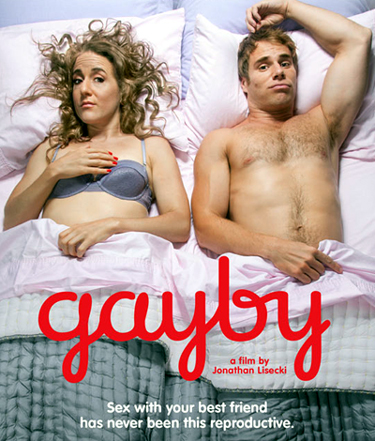Blog
We make the community we want.

It always stunk in the summer at Roboto. “Like an onion farm,” my buddy Pat would say. There wasn’t any air conditioning, just a box fan that they’d usually stick behind the drummer. You had to keep the door closed to keep the noise from disturbing the neighbors too much, so even when the air got moving there wasn’t anywhere for it to go. Cram in 50 to 100 punks (each with their own personal and deeply felt commitments toward showering, etc) and after the first act the air would get heavy with the kind of stink that gets stuck in the bottom of your lungs. It fogged up my glasses and the plate glass in the front door.
I loved it there. The Roboto Project changed my life, and not just because I saw a lot of bands and made a lot of friends there. It radically remade my …
Sound Tracks: Pop Music through Media

Next semester I’ll be teaching a University Seminar called Sound Tracks: Pop Music through Media, a course that explores the way that the industry that surrounds the production of pop music has shaped the cultural meaning of music itself, and influenced the development of other media forms (Hollywood film, television, video games, and media technology). The course will first consider the structure of the music industry (Unit 1), then examine cultural phenomena like stardom, genre and ideology through pop music (Unit 2), next analyze the interaction between hardware developments like the cassette deck and the iPod on the “software” of the album and the “leaked” single (Unit 3), and finally explore the relationship between pop music and screen media (film, television, and the Internet).
Course description below, after the jump.…
The radical power of doing your own thing.
There are many, many things to love about being a member of the Department of Media and Communication, but one of my very favorite perks is the Department’s relationship with the Philadelphia Film Society and the Philadelphia Film Festival, which was held this year in October, and Arcadia students and faculty had the opportunity to see loads of great films there. I wasn’t able to catch as many films there as I’d wanted, but I did get to see some great ones: THE SESSIONS, STEP UP TO THE PLATE, the short THE PROCESSION, HOLY MOTORS and SILVER LININGS PLAYBOOK. But perhaps my favorite experience at the festival this year was seeing GAYBY, the lovely little comedy written and directed by Jonathan Lisecki.

Part of what makes GAYBY so charming is how deceptively simple its premise is. Jenn wants to get pregnant, can’t afford fertility treatments or in vitro procedures, so she asks her college best friend Matt to impregnate her the old fashioned way. Matt is gay, hijinks ensue, you can fill in the blanks from there. Except you can’t, exactly–the film is able to avoid and often subvert those well-worn conventions from all of those television sitcoms that have toyed with the scenario since the mid 1990s. It’s not fine cinema, and it’s not trying to be. It’s just a clever and fun movie.
Read this Book: Girls to the Front

I’ve started and re-started this post six times already, trying to come up with an intriguing angle on Girls to the Front, the book by Sara Marcus that occupied the coveted “first-book-Michael-will-read-after-the-school-year-ends” for 2010-2011. For the seventh attempt at writing this entry, I’m going to try a simpler approach. Read this book. Trust on this.
More after the jump.
